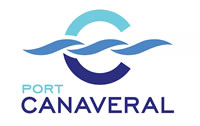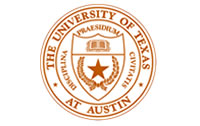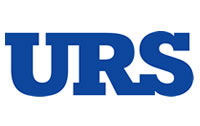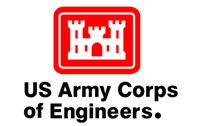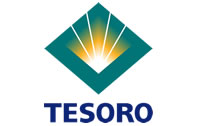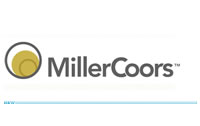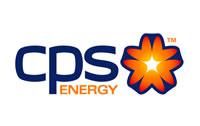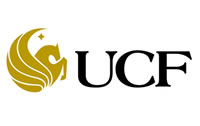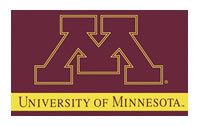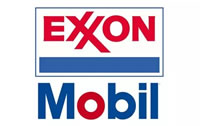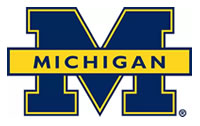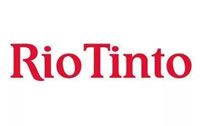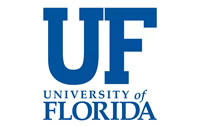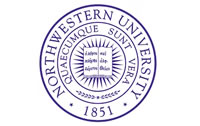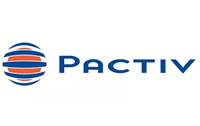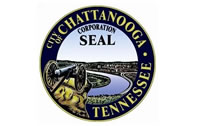Your response depends on your leadership role.
One part of Plant Services’ recent leadership survey asked a series of 20 questions designed to probe team effectiveness. Twenty questions provided insight into five elements important for evaluating team performance: team mission, goal achievement, empowerment, open and honest communication, and positive roles and norms.
Combined average scores for the five elements (senior managers, 15.7; managers, 14.6; supervisors, 13.8; and team members, 13.6) were progressively lower in relation to employees’ level within the organization. Senior managers have a more-optimistic view of their teams than do the managers. Managers have a higher opinion than supervisors do. And supervisors have a more-optimistic view than do the team members.
Across all organizational levels, goal achievement was the lowest-ranked element. For senior managers, managers, and supervisors, open and honest communication ranked highest, but for team members, it ranked slightly lower than empowerment and positive roles and norms.
Team mission is an indication of how well people on the team understand why the team exists and how they fit into the larger organization’s objectives. For a team to perform well, there should be a cascading set of mission statements from organization to department to team. Mission statements provide a solid foundation in the midst of process changes and can be a touchstone for people to refer back to when making decisions. Each lower-level mission statement must be aligned with the next-higher-level mission statement and developed through education and discussion among the people who will be asked to embrace the mission.
Goal achievement is the element that measures commitment to goals, measurement of performance, and goal attainment. People are more motivated when they participate in developing the goals and when the goals are clear, specific, measurable, and achievable. When information is lacking, people tend to get anxious and tend to be biased toward negative thoughts. Having clear and specific goals and measures reduces anxiety and encourages people to move forward on achieving or surpassing goals.
Empowerment means people feel they can make decisions. Empowered teams have the responsibility and the authority to act as needed. Empowerment requires knowledge, skills, information, resources and support. Empowerment means you recognize and value your team’s intelligence and ability. Team members are trusted with the authority to perform up to their individual limits.
Open and honest communication means that everyone on the team is open and honest with each other. People and teams can be effective only if communication is open and honest. Anxiety and avoidance are more prevalent when people are unsure. Never chastise or demean people when they bring attention to uncomfortable issues.
Positive roles and norms refers to how team members are assigned work based on their strengths and weaknesses and how people interact. The mix of knowledge, skills, and abilities among team members is leveraged to achieve the team’s goals. Norms include the social rules of how team members interact and treat each other. Roles and norms must also align with the team’s missions and goals.
The lesson is to pay attention to the team members and how they perceive these critical issues. Effective teams have higher morale, greater productivity, increased teamwork, lower turnover, and fewer grievances. That means lower total cost of operations and fewer headaches for managers and supervisors. Contact me if you’d like to have a team-effectiveness survey performed at your plant so you can identify your team’s strengths and improve weaknesses.
Contact us for leadership surveys, maintenance management consulting or reliability services.
Email: [email protected]
Phone: (321) 773-3356

